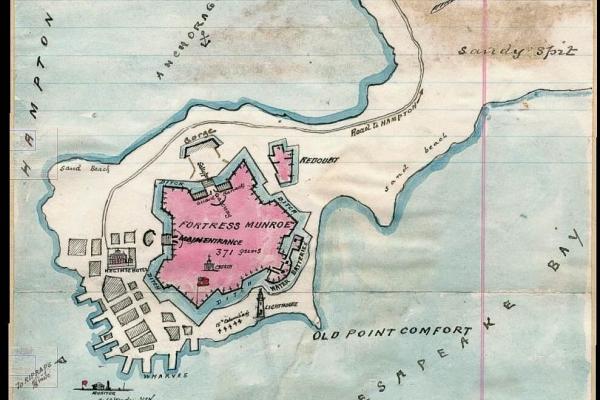Aug 22, 2019
Fear became slaveholder religion’s tool of control, inspiring millions of poor white families in the South to send sons to war and pray for victory, even as the white sons of plantation owners avoided combat. During Reconstruction, when black and white representatives worked together in Southern legislatures to guarantee public education for all people, many poor white children went to school for the first time; many poor white people received healthcare at Freedman’s Bureau hospitals. Still, their preachers told them to be afraid. Even when black power helped poor white people in measurable ways, slaveholder religion taught white people to fear shared power.
Read the Full Article

Already a subscriber? Login
